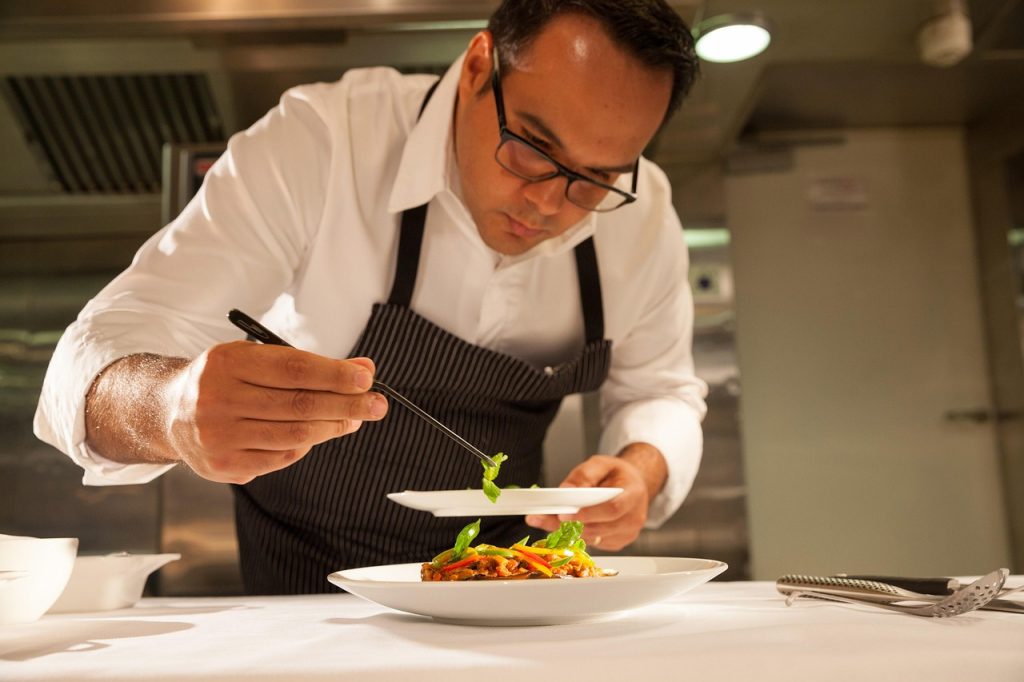Season 4 of ‘The Bear’ throws us into the tantalizing world of haute cuisine and the pursuit of the coveted Michelin star. As Carmy Berzatto and his team grapple with the pressures of this culinary accolade, viewers are left pondering whether such recognition can truly transform a struggling establishment according to The New York Times. This narrative not only captivates audiences but also reflects a broader dialogue in the restaurant industry about the tangible value of awards in sustaining a business.
The inclusion of a Michelin star storyline in ‘The Bear’ serves as a mirror to the real-world culinary scene, where the allure of such distinctions can dramatically alter a restaurant’s fate. While some restaurateurs view these awards as a golden ticket to fame and fortune, others question the long-term impact on operational sustainability. This duality brings to the forefront the complex relationship between critical acclaim and financial stability, posing a critical question for both fictional and real establishments.
As the season progresses, ‘The Bear’ explores the societal and personal costs associated with chasing perfection. The show’s narrative challenges viewers to consider the sacrifices chefs and their teams make in the pursuit of excellence. This exploration resonates deeply in today’s food culture, where authenticity and mental health are increasingly prioritized over traditional markers of success. The finale leaves audiences reeling, contemplating the future of Berzatto’s culinary dreams.
With ‘The Bear’ Season 4 ending on a cliffhanger, it sets the stage for further exploration of the power dynamics within the culinary world. Could a Michelin star indeed be a restaurant’s savior, or does it merely add to the existing pressures? This question taps into the zeitgeist, inviting viewers to reflect on the evolving landscape of gastronomy. As we eagerly await the next chapter, one must wonder: How will the pursuit of culinary recognition reshape the industry in the years to come?


